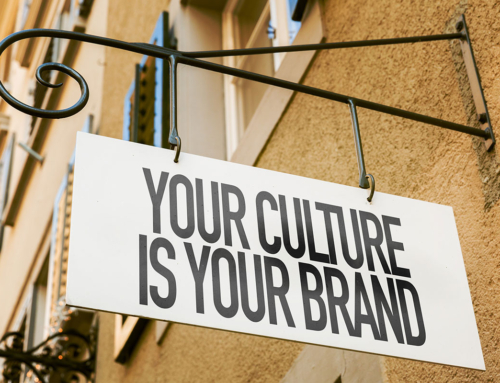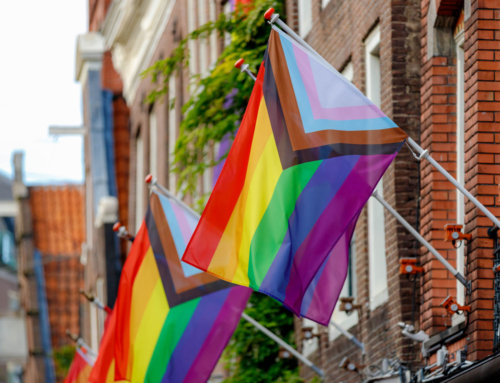The murder of George Floyd, Breonna Taylor and many others has reignited a national conversation about identity politics, racial equity and systems of oppression. Now more than ever, consumers are holding brands accountable for both engaging and demonstrating their commitment to equity, diversity and inclusion.
As your company considers whether to make a statement of its own, remember that your reputation exists within a dynamic marketplace. As audiences become increasingly sensitive to brands’ willingness to fight systems of inequality, the actions your company takes today (or a lack thereof) may define your reputation among tomorrow’s consumers.
Authenticity is paramount.
Before moving forwards, a disclaimer needs to be made. The data that is included in this article makes a compelling argument for the marketing advantages of investing in equity, diversity and inclusion. But these advantages cannot drive your commitment.
Nearly every CEO will tell you that they value equality, inclusivity and fairness ─ and they probably think they do. But right now, you must recognize that these values exist within the framework of a world that is questioning how to dismantle pervasive systems of injustice. It is your responsibility to question how your own values are being upheld or abandoned within this framework. You can move forwards with authenticity based on that reflection.
For today’s consumers, that authenticity is crucial. A Deloitte survey found that 75% of millennial and Gen Z consumers believe business leaders focus on their own agendas rather than considering the wider society, and 62% believe that their sole focus is to make money. According to McKinsey.com, a report due out later this year will further highlight the value of authenticity among Gen Z audiences. If your words don’t come from a place of genuine concern and demonstratable action, your message of goodwill will be at best ignored, and at worst, face intense public scrutiny.
Young consumers consider diversity and inclusivity when making purchasing decisions. Their buying power and sensitivity to social causes is only increasing.
In a study by Accenture, 70% of younger millennials and 69% of older millennials stated that a brand’s focus on diversity and inclusion in promotions and offers influenced their purchasing decisions. In this same study, 51% of younger millennials said they were more likely to shop at a retailer that demonstrates awareness of social issues. But what about Gen Z consumers, the ones that are just now entering the marketplace?
According to Sourcing Journal.com, while 87% of millennials expect companies to address pressing social and environmental issues, this expectation jumps to 94% among Gen Z audiences.
What’s more, a 2018 McKinsey poll found that 79% of Gen Z consumers said they would stop buying products and would spread word about a company whose campaigns they regard as racist, and 80% said that the Black Lives Matter movement should be socially accepted. In the past few months, the support for the Black Lives Matter movement has risen to just under 90% among Gen Z audiences, according to a Business Insider poll. It’s not hard to believe that this change in sentiment is shared by millennial consumers as well.
Millennials have held the marketing spotlight for some time, but Gen Z consumers are the future of the marketplace, and their buying power will only increase as more of them enter the workforce. Gen Z consumers are also more technologically competent and reliant on social media platforms than millennials, meaning that moving forward, brands are not only under pressure to prioritize and demonstrate their commitment to diversity and inclusion, but to communicate this commitment competently across digital platforms.
The demographics of our country are shifting, and your marketing must reflect that.
When it comes to an evolving consumer base, age isn’t the only shifting variable. The U.S. population is increasingly diverse, and the U.S. Census Bureau predicts that by 2045, there will be no demographical majority. In a 2019 Adobe research report, 66% of Black Americans, and 53% of Latino and Hispanic Americans felt that their ethnicity was portrayed stereotypically in advertisements. Marketers have a responsibility to ensure that their messaging is not only sensitive, but inclusive to all audiences, full stop.
Business leaders must ensure that diverse voices are a part of the creative process. With an increasingly racially diverse consumer base, the backlash that comes with falling short on these principles will only grow.
Bringing about real change isn’t convenient or easy, and if you do it right, it will challenge you to reconsider every aspect of your day-to-day operations. But engaging in this work is the right thing for your business, your brand sentiment, and most importantly, your community.
The world is changing, and your brand’s reputation tomorrow will be defined by your actions today.








